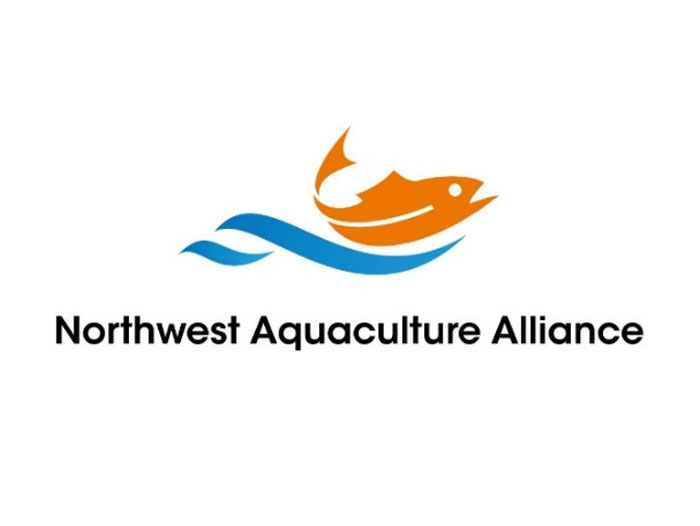NWAA Statement: Commercial Fish Farm Ban in Washington State Not Supported by Science
January 17, 2025 | 2 min to read
On January 7, 2025, the Washington state Board of Natural Resources voted 4-0 to ban commercial net pens, a decision criticized by the Northwest Aquaculture Alliance (NWAA). Jim Parsons, NWAA President, argued that this rule undermines a key source of sustainable protein amid rising food prices. He condemned the decision for ignoring extensive expert testimony and claimed it sets a dangerous precedent for food producers. Jeanne McKnight, NWAA Executive Director, accused Hilary Franz of rushing the vote for political reasons.

On January 7, 2025, the six-person Washington state Board of Natural Resources voted 4-0 with two members abstaining to uphold the proposed rule banning commercial net pens in Washington state. In response, the Northwest Aquaculture Alliance (NWAA) has issued the following statement:
“At a time when tariffs threaten to raise the prices of imported seafood and the cost of groceries for average Americans remains very high, the Washington State Board of Natural Resources has voted to take away from our citizens an important and affordable source of protein that can be sustainably grown right here in our own waters,” said NWAA President, Jim Parsons.
Parsons, the CEO of Jamestown Seafood, asserted that the record before the Board did not support this decision. “In addition to being a blatant disregard for the hundreds of pages of thoughtful testimony from aquaculture experts, civic leaders, respected fisheries scientists, veterinarians, Tribal leaders, and consumers, the January 7 decision sets a dangerous precedent that should serve as a warning to anyone in the business of growing food in this state on leased land—be it producers of shellfish, apple, grapes, or beef—that the Department of Natural Resources could shutter any business or sector that the Commissioner of Public Lands doesn’t like,” he said.
Parsons added that, at the 11th hour, the outgoing Governor, Jay Inslee, pushed for the Board to vote for the ban under his watch.
NWAA Executive Director, Jeanne McKnight, added that Commissioner Hilary Franz, who also serves as Chair of the Board, pushed for the ban to be voted on before her term at the helm of DNR ended at 12:01 AM, January 15, 2025.
“Franz insisted on rushing the rule-making process so that the Board could vote on the proposed ban in in its January 7 meeting, largely to appease her supporters—which we view as short-sighted and politically motivated. In doing so, Franz deprived the Board of the ability to thoughtfully deliberate and review the enormous body of peer-reviewed science in the record,” McKnight said, adding that “had they done so, they would not have voted for this unsupportable ban.”
